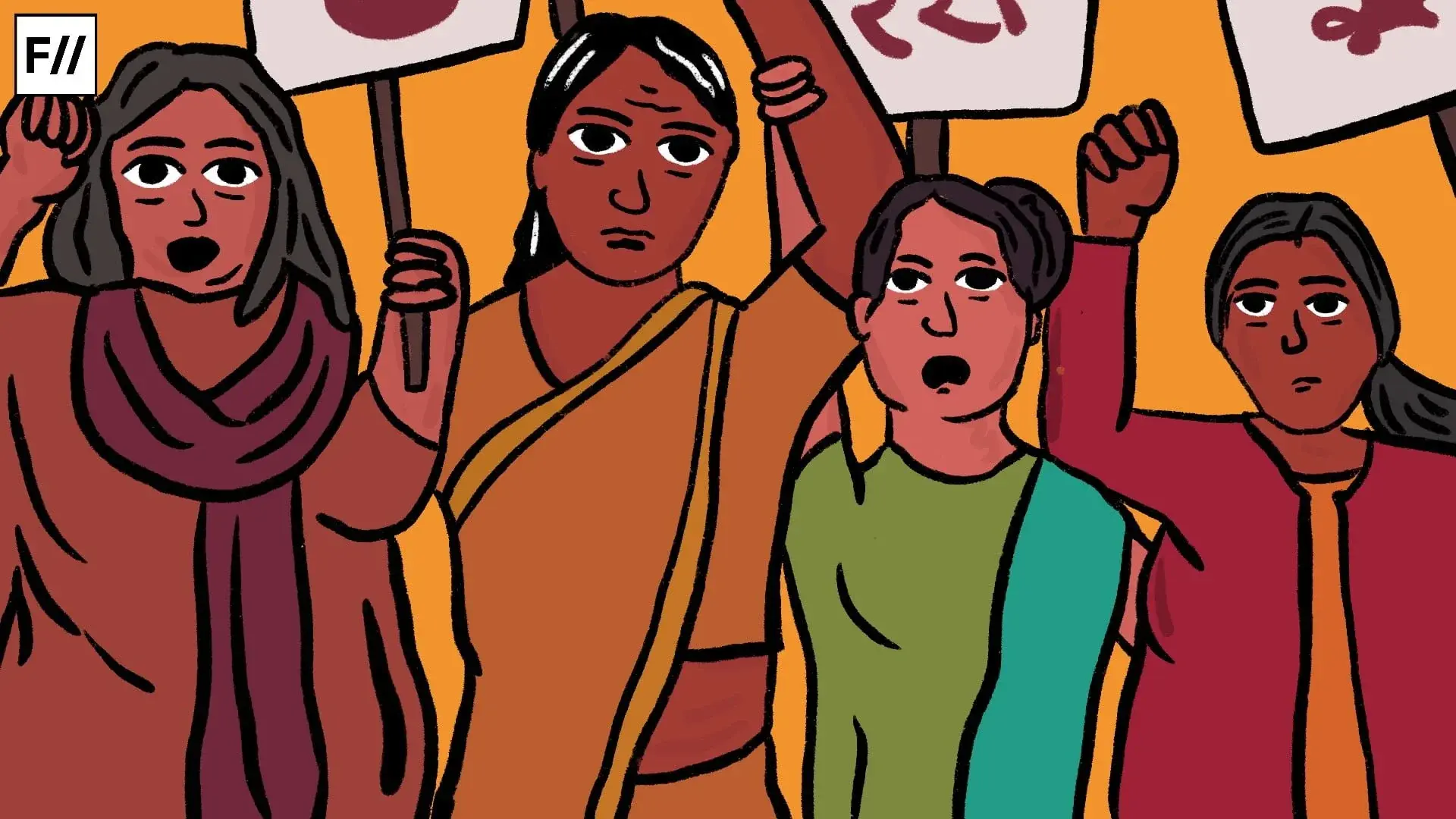The recent POCSO allegations against BS Yediyurappa have once again spotlighted the troubling intersection of political power and sexual violence within the BJP. This case is not an isolated incident but part of a broader pattern of abuse allegations involving political leaders, raising critical questions about accountability and justice.
Weighed down by legal battles against a relative after her daughter was sexually assaulted by a relative, since 2015, a mother decided to look for help from the political party she believes would be able to relieve her family of the plight. In February 2024, Priya and her daughter sought help from Yediyurappa to form a Special Investigation Team (SIT) for the 2015 POCSO case. How did that lead to a POCSO case against a BJP leader-member? Why is it cause for a larger concern?
The recent POCSO allegations against BS Yediyurappa have once again spotlighted the troubling intersection of political power and sexual violence within the BJP.
The member in question is former Chief Minister of Karnataka and BJP member BS Yediyurappa or BSY. He is at the wrong end of a POCSO case involving accusations made by the mother of a 17-year-old girl, alleging the senior leader sexually assaulted her daughter during a visit to his Bengaluru residence in February when they sought his assistance. Following this, a farce unfolded, the latest leg of which entailed a non-bailable arrest warrant. The CID recovered Rs 35,000 allegedly given to the victim and her mother, mobile phones, retrieved data, and Yediyurappa’s voice samples.
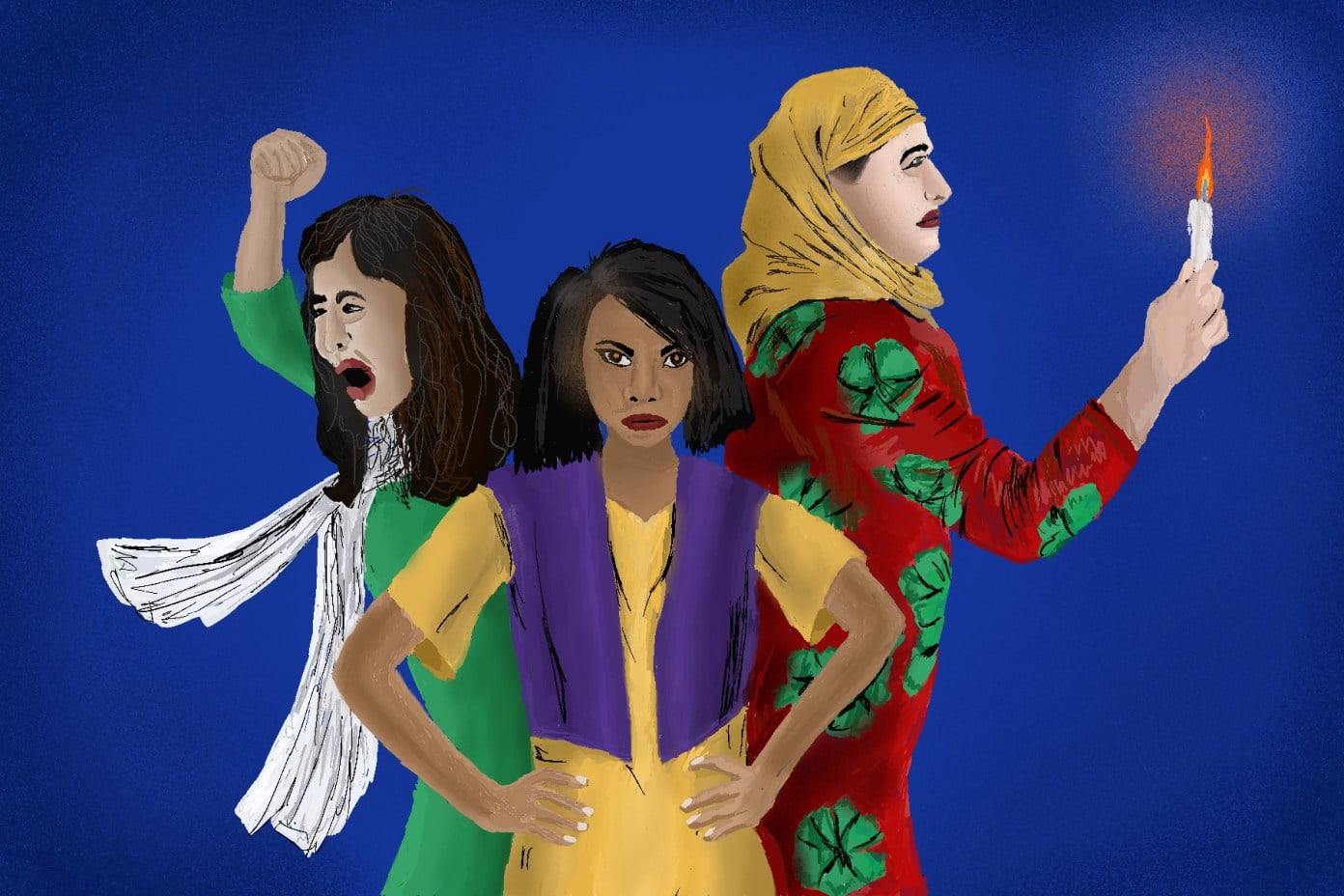
The complainant, the survivor’s mother, recently passed away from lung cancer, and the survivor’s brother has stepped in her shoes. After a writ petition by the victim’s brother in the Karnataka High Court questioning Yediyurappa’s non-arrest, the CID issued a summons for BSY’s appearance on June 12. After failing to appear and the issue of the warrant the former chief minister was finally available for questioning on June 17 by the Criminal Investigation Department (CID).
12 MPs/MLAs from BJP, 7 from Shiv Shena, 6 from AITC with charges related to crimes against women
A study by the Association for Democratic Reforms (ADR) revealed that the ruling Bharatiya Janata Party (BJP) has the highest number of MPs and MLAs with cases related to crimes against women. The ADR analysis covered 4,845 election affidavits from current MPs and MLAs. Among the 1,580 (33%) representatives with declared criminal cases, 48 had charges related to crimes against women. Specifically, the BJP has 12 such MPs/MLAs, followed by Shiv Sena with 7 and AITC with 6. Geographically, Maharashtra tops the list with 12 MPs/MLAs, followed by West Bengal with 11, and Odisha and Andhra Pradesh each with 5.
Over the past five years, recognised political parties have given tickets to 327 candidates with pending cases of crimes against women. The BJP led this practice with 47 candidates, followed by the BSP with 35 and the Indian National Congress (INC) with 24. Additionally, 26 candidates with declared rape cases received party tickets. In most of these cases, the candidates’ winnability was prioritised over their credentials.
In August 2023, a 42-year-old woman in Rajasthan accused local BJP leader Mohan Jat and businessman Mahesh Chandak of gang-raping her and molesting her minor daughter. This encounter occurred during a visit for a property deal. The woman’s complaint led to public outcry and protests by Congress leaders, demanding Jat’s immediate arrest. Jat, asserting the allegations were politically motivated, resigned from his position on moral grounds while the police initiated an investigation.
In another disturbing case, a BJP leader in Uttarakhand was accused of abducting and raping a 16-year-old girl.
In another disturbing case, a BJP leader in Uttarakhand was accused of abducting and raping a 16-year-old girl. The minor’s mother filed the complaint, leading to charges under several sections of the Indian Penal Code (IPC) and the Protection of Children from Sexual Offences (POCSO) Act. The accused fled, prompting a police search, while Congress criticised the delay in filing the FIR, attributing it to political pressure.
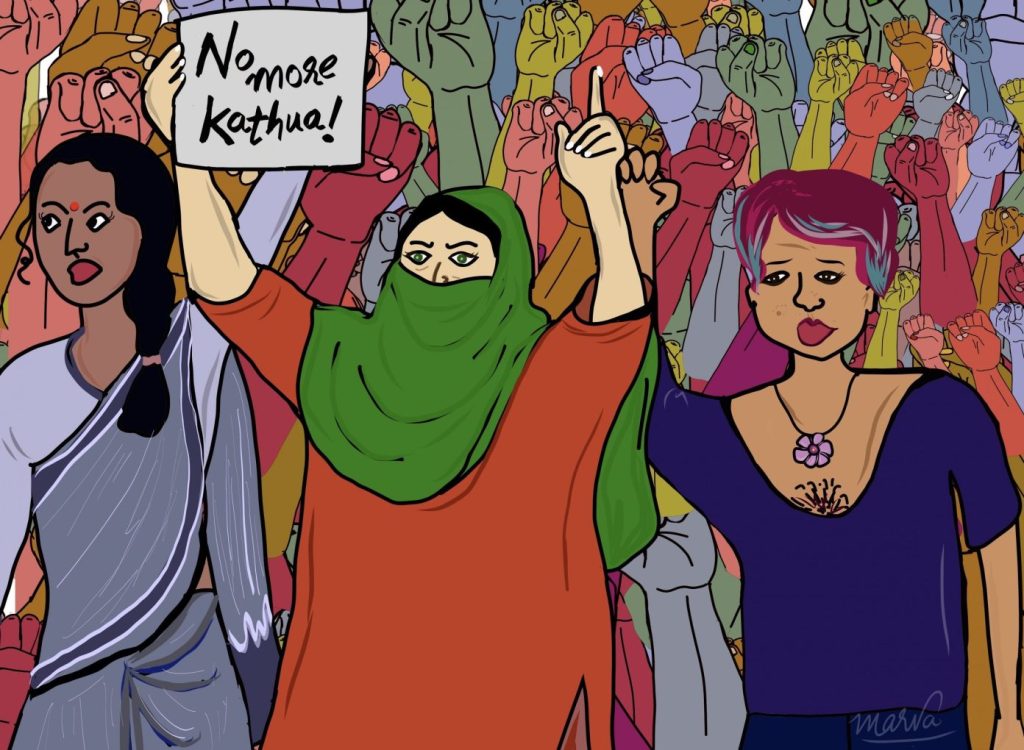
Mohan Jat stepped down on “moral grounds” and the BJP promised action if the leader was found guilty. There has been little noise since. One of BJP’s most publicised cases is the 2017 Unnao rape case involving expelled BJP leader Kuldeep Singh Sengar. Sengar was convicted of raping a minor and sentenced to life imprisonment. Additionally, he received a 10-year sentence for the custodial death of the victim’s father.
In June 2024, the Delhi High Court refused to suspend Sengar’s 10-year jail term, emphasising the gravity of the crime and its impact on public confidence. Sengar’s appeal against his conviction is still pending. Not to forget the horrors of the Kathua gang rape and murder of an eight-year-old. Hindu Ekta Manch, helmed by a BJP leader, rallied in support of the accused.
Reluctance to file FIRs, political pressure on law enforcement and partial investigations
The recurring involvement of BJP leaders in these severe crimes underscores a troubling pattern within political parties regarding the vetting of candidates. The allegations against these leaders are not isolated incidents but part of a broader issue of political figures being implicated in gender-based violence. This pattern raises critical questions about the internal processes and accountability mechanisms within political parties. But it would also be wrong to speak only of the BJP when there have been so many cases across the political landscape in India.
The handling of these cases by law enforcement agencies has been fraught with delays and allegations of political interference.
The handling of these cases by law enforcement agencies has been fraught with delays and allegations of political interference. The reluctance of police to promptly file FIRs, as seen in the Uttarakhand case, reflects the undue influence of political power on law enforcement. However, judicial interventions, such as the Delhi High Court’s decision in the Unnao case, underscore the judiciary’s role in upholding justice and maintaining public trust.
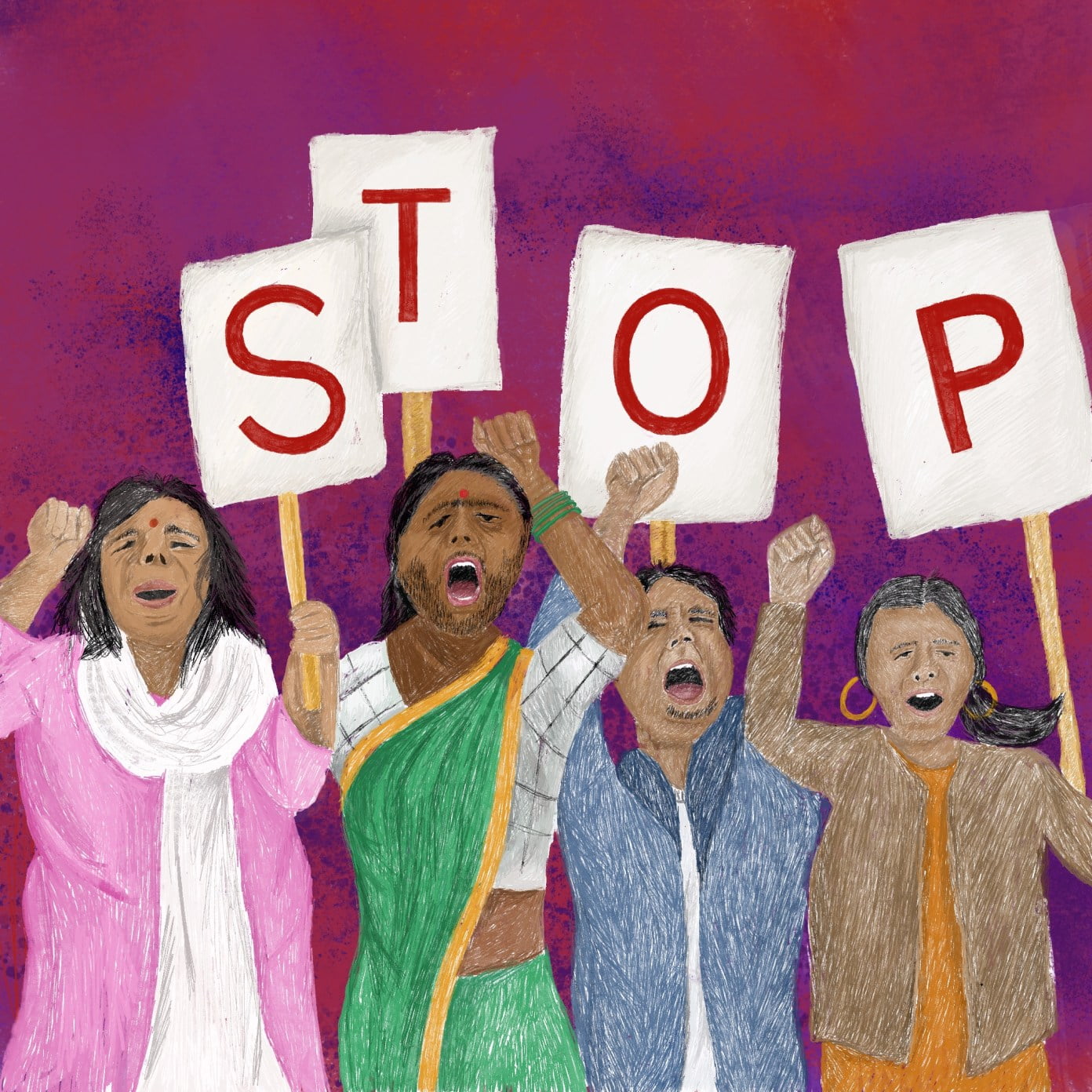
It would be remiss to not mention the cost of that justice – the death of the survivor’s father and other family members. The court’s recent refusal to suspend Sengar’s sentence highlights the importance of considering the nature of the crime and its broader societal impact. Ensuring the independence of law enforcement agencies from political influence is crucial for fostering impartial investigations and timely action against the accused.
Politics of vendetta, escaping accountability and the need for redressal
Establishing robust support systems for survivors of sexual violence, including legal aid, counselling, and protection from intimidation or harassment, is essential. Such measures would ensure that survivors receive the necessary support to navigate the legal system and rebuild their lives. Increasing public awareness and education on issues of gender-based violence is vital for fostering a culture of zero tolerance and support for survivors. Educational campaigns can play a significant role in changing societal attitudes and preventing such crimes.
The intersection of politics and crimes against women in India reveals a complex and deeply troubling landscape. The recent case against BSY is a reminder of the urgent need for systemic reforms within political parties, law enforcement, and society at large. In several high-profile cases, including those involving Kuldeep Singh Sengar and Chinmayananda, BJP leaders accused of serious crimes against women initially received protection or support from within the party. Following suit, the BJP has termed this case as an effort to malign – “politics of vendetta”.
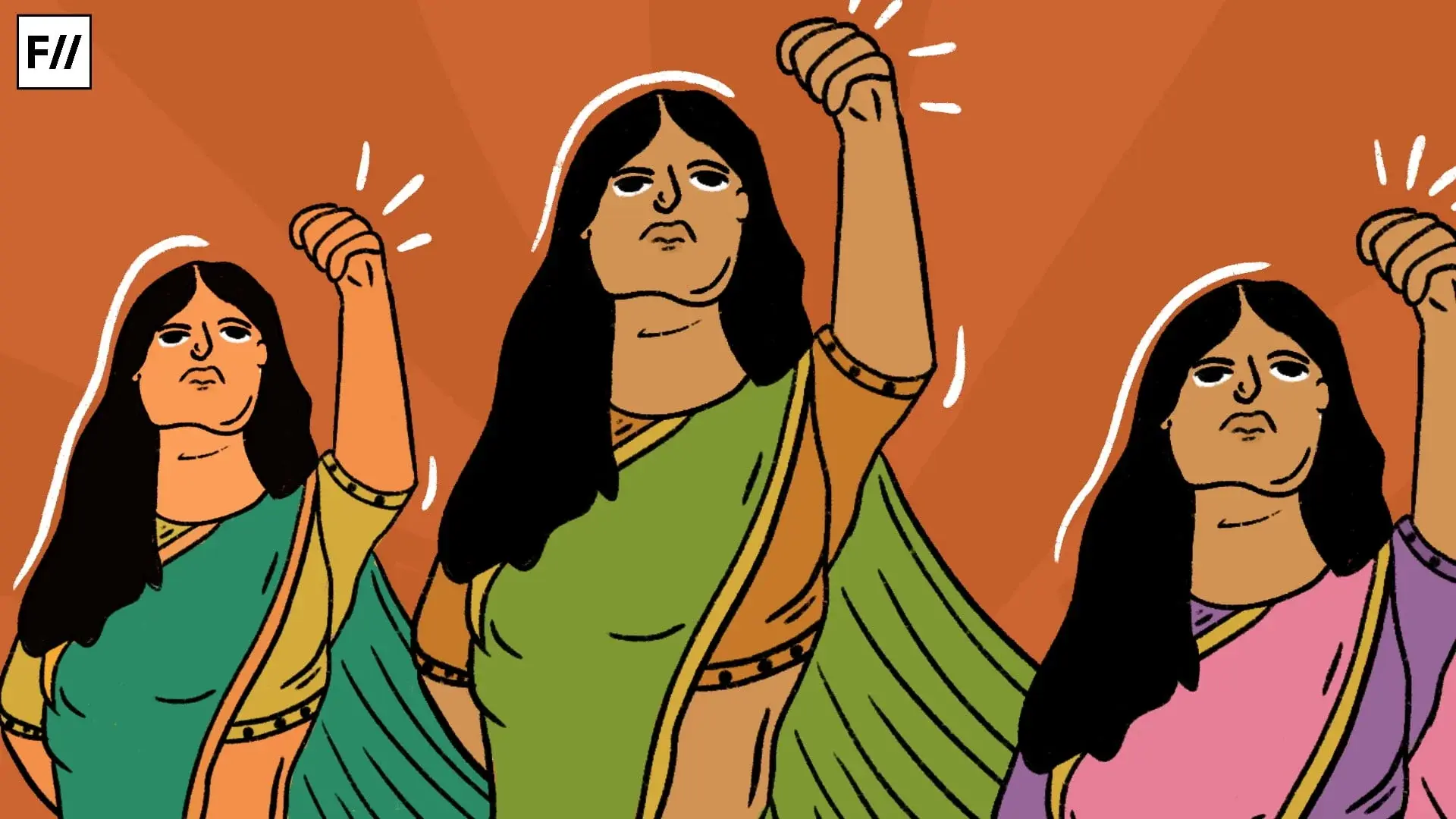
BS Yediyurappa’s POCSO case presents a critical juncture for examining the BJP’s approach to allegations of GBV, especially those involving minors. It underscores the challenges of ensuring accountability and transparency within political leadership, particularly in cases where stringent legal frameworks like POCSO are invoked. Addressing these challenges requires not only legal diligence but also a commitment to ethical governance and the protection of vulnerable individuals in society.
About the author(s)
She/they is an editor and illustrator from the suburbs of Bengal. A student of literature and cinema, Sohini primarily looks at the world through the political lens of gender. They uprooted herself from their hometown to work for a livelihood, but has always returned to her roots for their most honest and intimate expressions. She finds it difficult to locate themself in the heteronormative matrix and self-admittedly continues to hang in limbo
